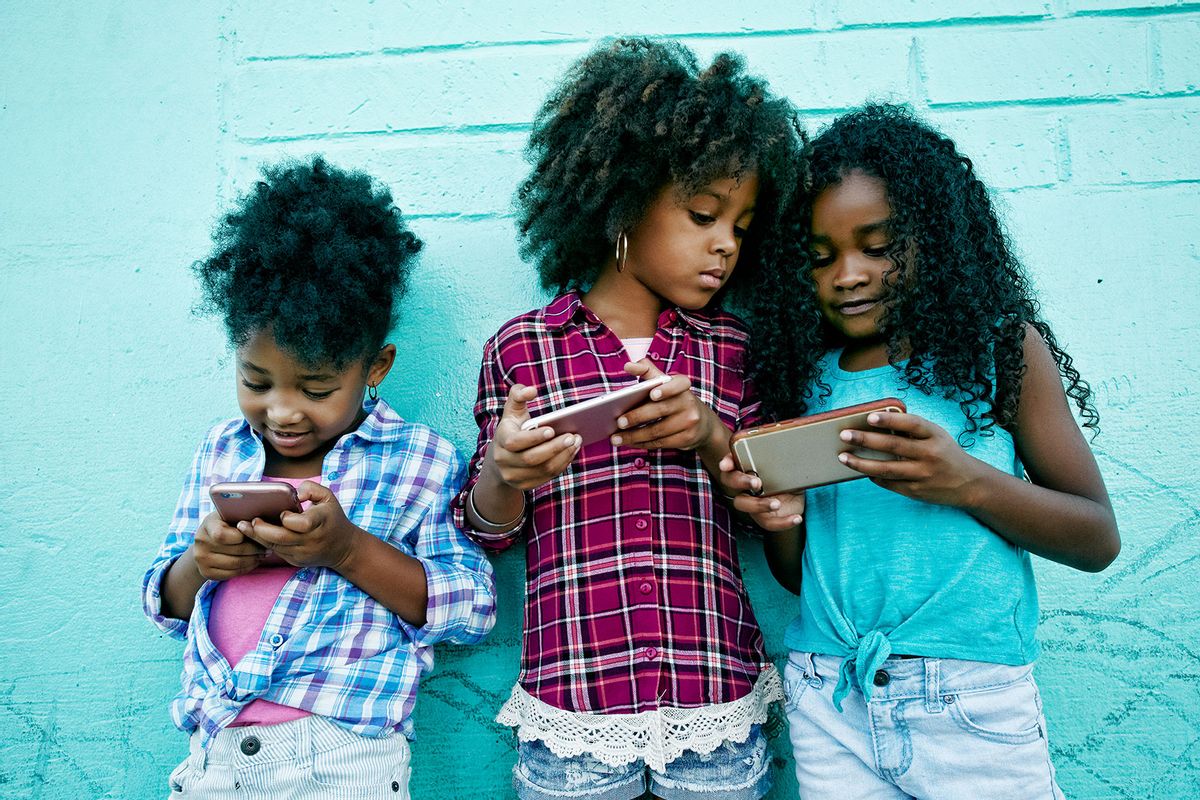As anyone who has either raised or been a teenager in the 21st century can tell you, social media is omnipresent in modern youth culture. Whether it is finding new music on TikTok or finding new friends on Fortnite, teenagers use social media to connect with their peers, express their individuality and participate in a global community. Yet this new technological and social paradigm brings with it grave concerns: social media spaces that youth frequent are rife with bullying, misinformation and bigotry, which can have a detrimental effect on the self-esteem of developing young minds.
Now, the social ills of social media have spurred the United States Surgeon General to advise parents to keep their children off of social media even when they are as old as 13.
"I, personally, based on the data I've seen, believe that 13 is too early."
"I, personally, based on the data I've seen, believe that 13 is too early," US Surgeon General Vivek Murthy told "CNN Newsroom" on Sunday. "It's a time where it's really important for us to be thoughtful about what's going into how they think about their own self-worth and their relationships and the skewed and often distorted environment of social media often does a disservice to many of those children."
Sen. Chris Murphy, D-Conn. appeared alongside Murthy during the interview and argued that social media has robbed youth of something intangible and special about interpersonal socialization.
"We have lost something as a society, as so much of our life has turned into screen-to-screen communication, it just doesn't give you the same sense of value and the same sense of satisfaction as talking to somebody or seeing someone," Murphy told CNN. He later noted that both he and Murthy were fathers of young children. "It's not coincidental that Dr. Murthy and I are probably talking more about this issue of loneliness more than others in public life. I look at this through the prism of my 14-year-old and my 11-year-old."
Want more health and science stories in your inbox? Subscribe to Salon's weekly newsletter The Vulgar Scientist.
A recent study published by neuroscientists from the University of North Carolina in the medical journal JAMA Pediatrics found that young people who check their social media accounts more often were also more likely to be sensitive to general social rewards and punishments. Social media even seemed to cause physical changes in their neurochemistry; the adolescents who seemed hooked to social media displayed greater neural sensitivity in parts of the brain like the amygdala. The study's lead author Dr. Eva Telzer later explained to CNN that it is unclear whether (and if so how) this increased neural sensitivity is linked to social media use — or even whether these changes are necessarily a bad thing.
"Heightened sensitivity could lead to later compulsive social media behaviors, or it could reflect an adaptive neural change that helps teens navigate their social worlds," Telzer told CNN. The study also had important limitations, including that it relied on self-reported accounts and did not include TikTok.
According to a recent Pew Research Center survey, 67 percent of teenagers between the ages of 13 and 17 use TikTok, 62 percent use Instagram and 59 percent use Snapchat, with the last two numbers spiking since 2014-2015. By contrast, only 32 percent of teenagers in that age group use Facebook, only 23 percent use Twitter and only 5 percent use Tumblr, all major declines since 2014 to 2015. The clear winner among teenagers, however, was YouTube, with 95 percent of the survey respondents reporting using the platform on a regular basis.



Shares